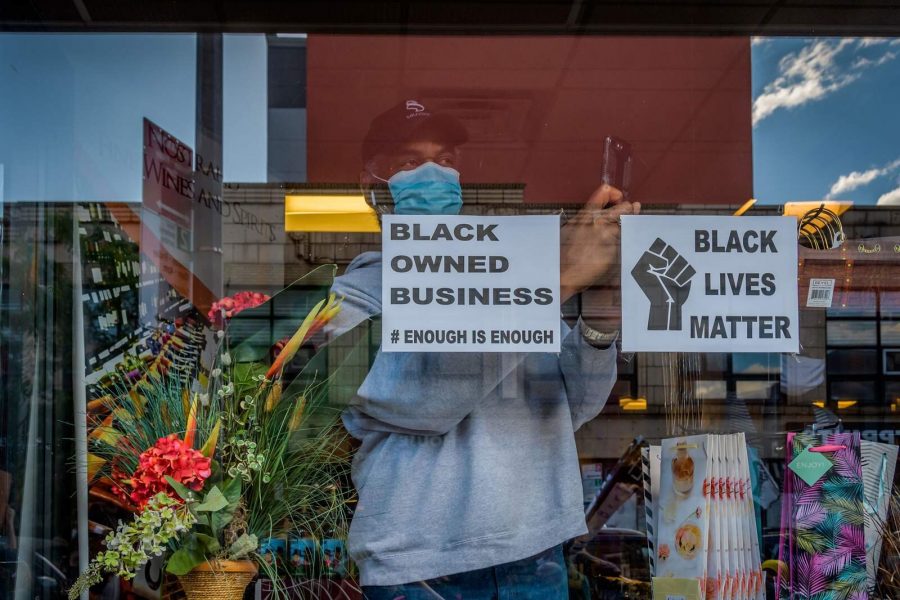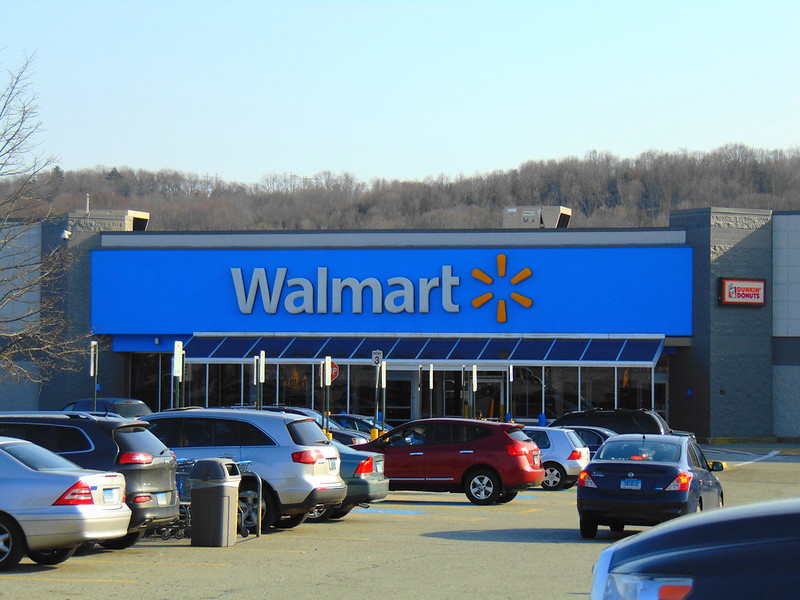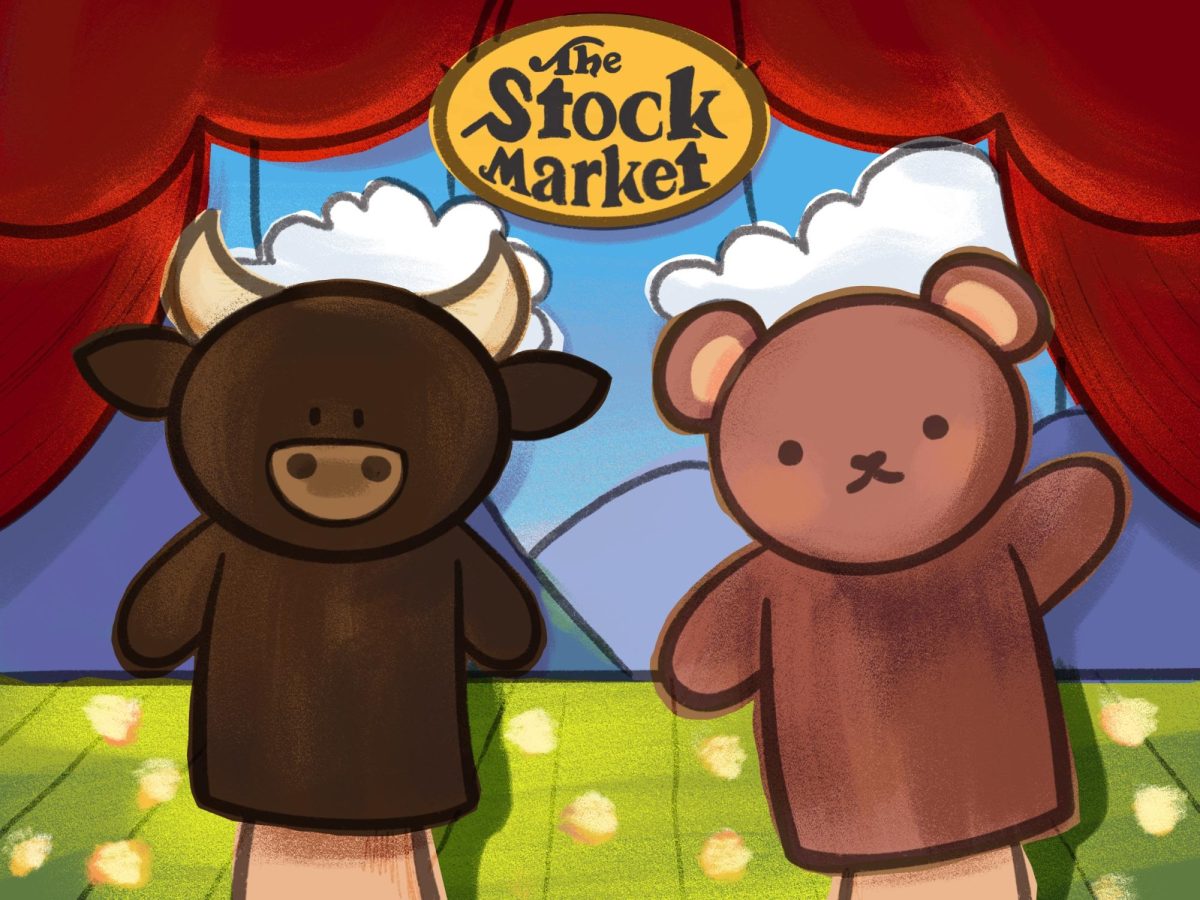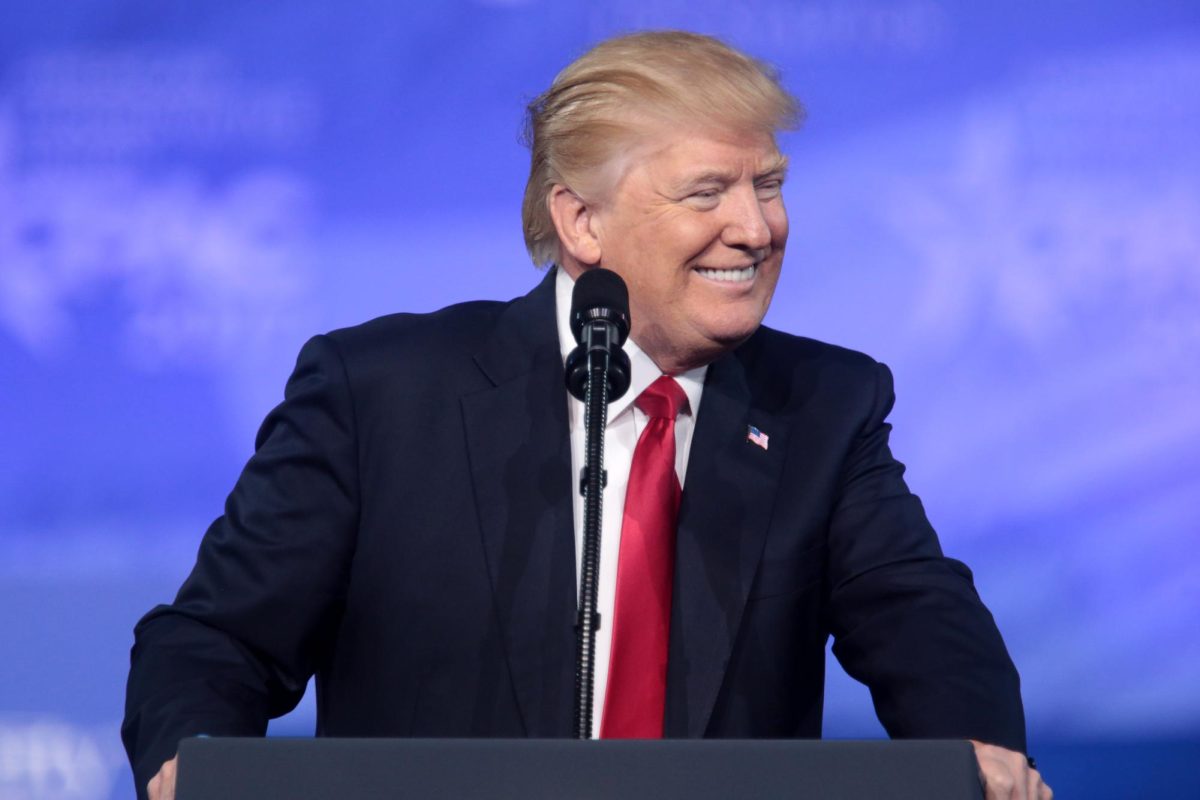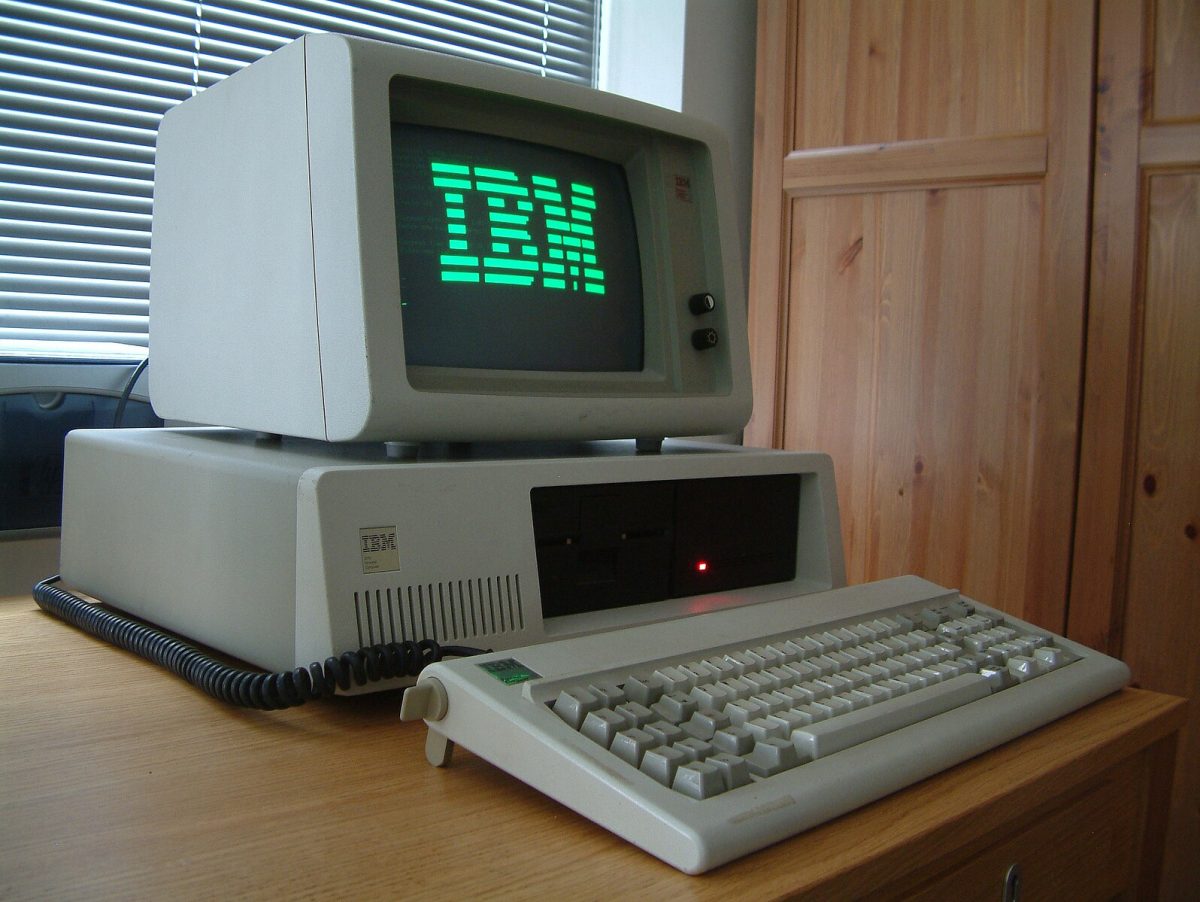Since the COVID-19 outbreak was declared a pandemic, thousands of businesses have been left with no other choice than to shut their doors.Since then, business owners and entrepreneurs have had to face and plan ahead for the most dreadful economic emergency in recent years.
Many minority-run businesses have been disproportionately affected by the outbreak.Black-owned businesses have suffered the most throughout it all, seeing a decline rate almost twice as high as their white counterparts have.
There were over one million Black-owned businesses in the beginning of 2020, according to the Census Bureau and Bureau of Labor, and due to the effects of the pandemic almost 41% of Black-owned businesses were forced to shut down.
Throughout the summer of 2020, as Black oppression and systemic racism became largely discussed topics following the murder of George Floyd, there was an increase in interest in the economic prosperity of Black-owned businesses and the need to support them.
Google stated that the phrase “Black-owned businesses near me” had reached an all-time high during this time, with almost 75% of small Black-owned businesses seeing increases in customer traffic and commerce.
However, this surge in consumer interest in Black-owned businesses decreased significantly once the enthusiasm and uproar around these events in the summer died out.
Consumers have an exceptionally large hand in helping these businesses stay afloat through social media and word-of-mouth.
Consumers are able to use social media platforms to spread information on educating others about the injustices surrounding these businesses, including systemic and economical racism in order to provide insightful methods on how and why these businesses need to be supported.
Consumers can also find Black-owned businesses easily by using platforms such as Official Black Wall Street, which allows people to be connected to different Black-owned businesses worldwide and get when they are around various Black-owned businesses.
The CEO of Official Black Wall Street Mandy Bowman stated that such platforms are based around the growth of the economy in predominantly Black neighborhoods and making it accessible for Black entrepreneurs to grow generational wealth.
Community organizations, such as Friends of Midtown, have created a new initiative dubbed “One Midtown: Shop Black Owned”.
Their campaign encourages consumers to shop more at Black-owned shops incentive of a $100 gift card raffle.
TikTok has also launched a new online hub, focused on the movement of amplifying Black businesses and gaining more awareness to Black creators, already spotlighting more than 40 Black Shopify merchants.
Users on the platform are able to use the hashtag #ShopBlack shares their own stories as small business owners or they can use it as a way to publicize their favorite black-owned businesses.
Numerous advocates have already turned to Instagram, or have continued their advocacy, to spread awareness of supporting Black businesses during Black History Month by putting up supporting posts,
Black businesses have also seen recent support from the New York City government through Mayor Bill deBlasio’s Black Entrepreneurs Initiative.
BE NYC Initiative is a commitment to further invest in Black businesses in all five boroughs. With its goals being towards the growth of Black-owned businesses, especially in high growth industries.
BE NYC will help Black businesses have an unbiased access to financing such as loans from banks, strengthen their business background in areas of expertise which they lack in and help close the racial wealth gap which is prevalent within the boroughs.
“Black entrepreneurs built New York City,”de Blasio said. “This historic public-private partnership will ensure we can come together to support them and give them the recognition they have deserved for so long.”


